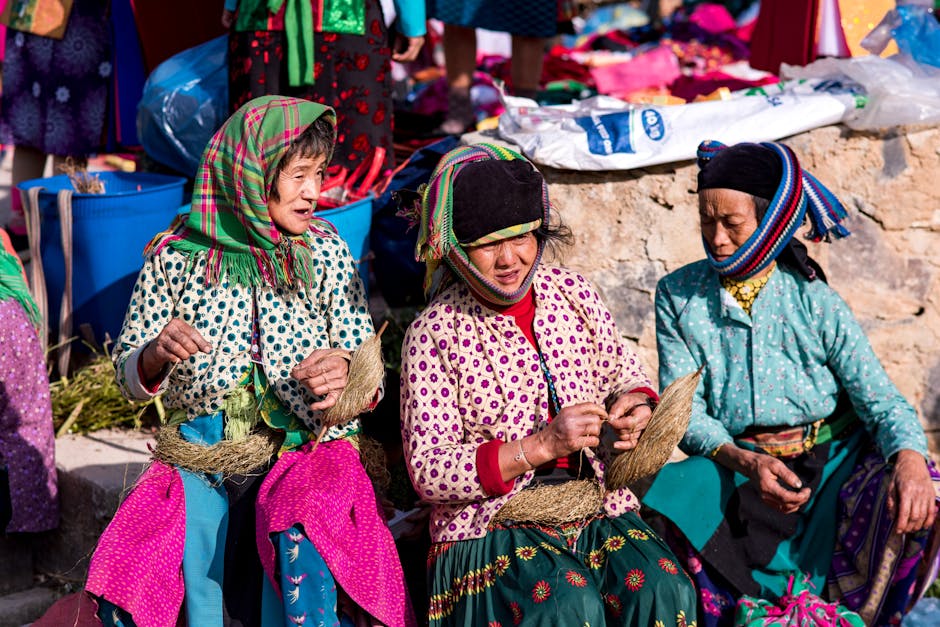
Globalization and Folklore Adaptation
The process of globalization has brought people from diverse cultural backgrounds closer than ever before. As a result, the exchange and adaptation of folklore has become more prevalent and significant in today's interconnected world.
Folklore, comprising of the traditional beliefs, customs, and stories passed down through generations, is an essential part of every culture. It reflects the values, history, and identity of a community. However, in the face of globalization, folklore has undergone remarkable transformations.
Globalization has facilitated the spread of folklore beyond national borders. As people migrate, either willingly or due to forced circumstances, they carry their cultural heritage and folklore with them. This migration leads to the adaptation of folklore as it encounters new environments, influences, and interactions.
One prominent example of folklore adaptation through globalization is the migration of tales and myths across continents. Stories that were once confined within a specific geographical area can now be shared with the world through various mediums such as books, movies, and the internet. In the process, these stories often undergo changes to cater to the preferences and expectations of the global audience.
Moreover, through globalization, folklore has found new forms of expression. Traditional dance forms, music, and rituals have now transcended their original boundaries and gained popularity in different parts of the world. This cultural exchange has enriched the global folklore landscape while also raising questions about cultural appropriation and authenticity.
However, the impact of globalization on folklore is not entirely positive. In some cases, globalization has led to the erosion of traditional folklore as it competes with more dominant global narratives. Younger generations, influenced by globalized popular culture, may start to neglect or reinterpret their own cultural heritage, leading to the loss of unique folklore traditions.
In conclusion, globalization has significantly influenced the adaptation of folklore across cultures. While it has allowed for the sharing and enrichment of folklore worldwide, it also poses challenges to the preservation of traditional cultural heritage. Understanding the dynamic relationship between globalization and folklore adaptation is crucial in appreciating the diverse narratives that shape our interconnected world.
